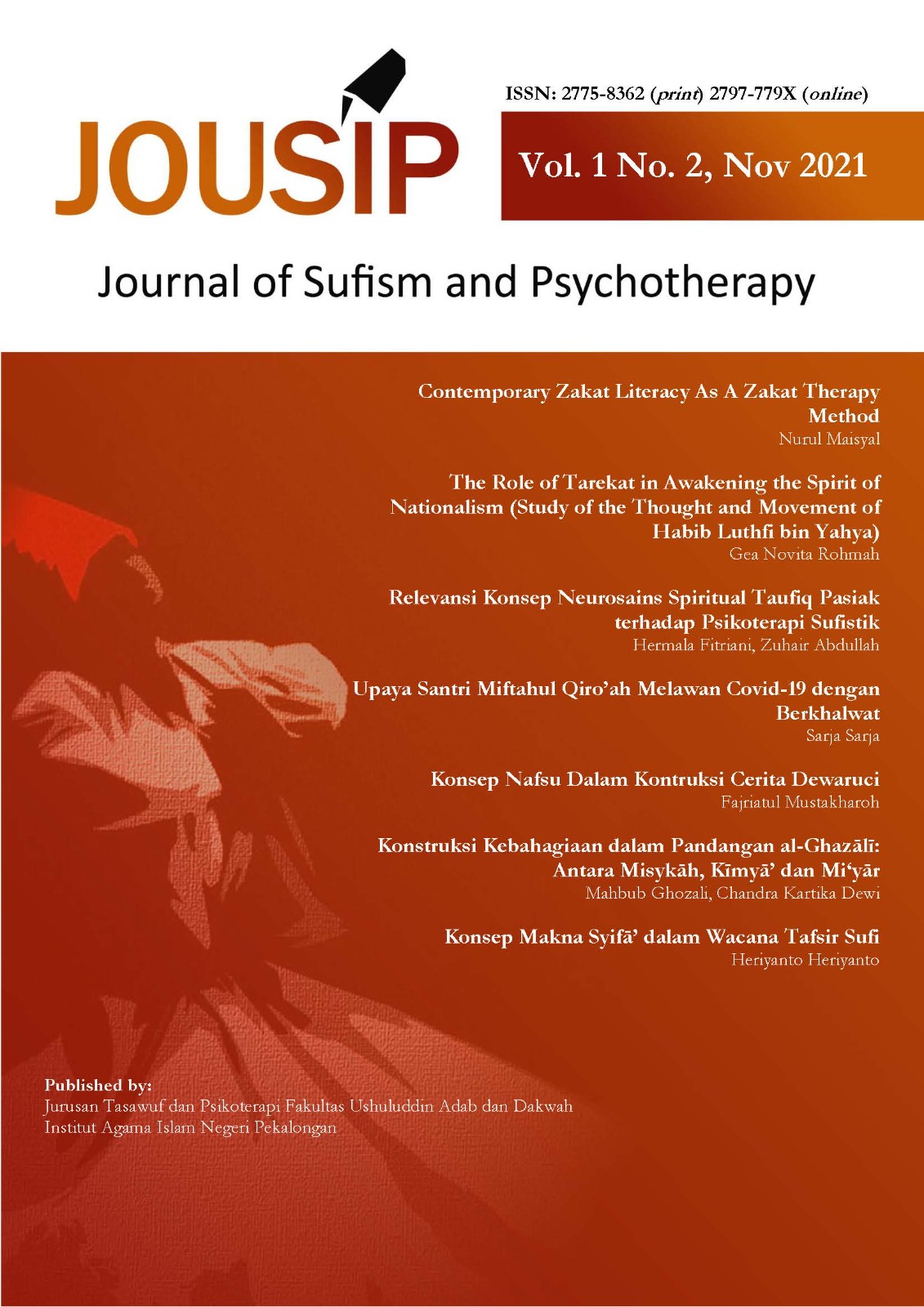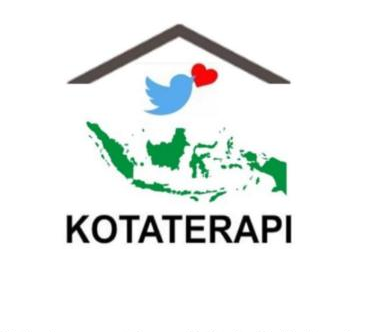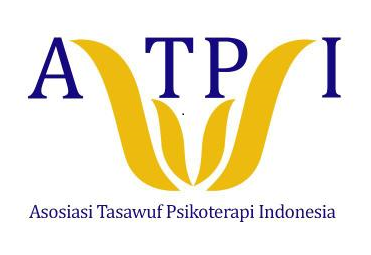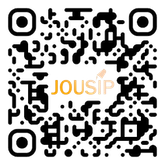Contemporary Zakat Literacy As A Zakat Therapy Method
DOI:
https://doi.org/10.28918/jousip.v1i2.4352Keywords:
ontemporary of zakat, literacy, therapy, zakat therapyAbstract
The study aims to explain that contemporary zakat literacy is able to become one of the methods of zakat therapy, considering the results of the zakat literacy index conducted by the BAZNAS strategic study center related to public understanding of zakat in general are still at a moderate level and very low in advanced understanding including in understanding related to contemporary zakat. Contemporary zakat has the potential to be utilized in the benefit of the existing mustahiq zakat, considering the various kinds of contemporary zakat. The more muzakki who spend their wealth to pay zakat, the more mustahiq zakat that can be eradicated from poverty too. The study used a qualitative descriptive approach. The results of this study indicate that a person's level of understanding regarding contemporary zakat greatly influences the potential for greater zakat, so that contemporary zakat literacy can become one of the methods of zakat therapy. Contemporary zakat literacy can be a therapy for prospective muzaki to carry out zakat obligations from something that they do not know much about the existence of contemporary obligations on assets. Zakat therapy makes a person calm, feels the blessing of wealth and is able to cleanse the soul from all kinds of heart diseases. Zakat awareness is raised by carrying out zakat literacy, especially contemporary zakat literacy so that more people understand the contemporary concept of zakat and pay zakat sincerely and wholeheartedly.
References
Antara, P. M., Musa, R., & Hassan, F. (2015). Bridging Islamic Financial Literacy and Halal Literacy: The way Forward in Halal Ecosystem. Procedia Economics and Finance.
Ash-Shiddieqy, M. H. (1999). Pedoman Zakat, Cet. III. Semarang: Pustaka Rizki Putra.
Beik, I. S. (2020). Menelaah Literasi Zakat dan Wakaf, dalam https://baznas.go.id/pendistribusian/kolom/direktur-pp/2747-menelaah-literasi-zakat-dan-wakaf
Elsayed, E. A., & Zainuddin, Y. (2020). Zakat Information Technology System Design, Zakat Culture, And Zakat Performance–Conceptual Model. International Journal of Advance Science and Technology. 29(9).
Farmawati, C. (2018). Spiritual Emotional Freedom Technique (SEFT) sebagai Metode Terapi Sufistik. Madaniyah, 8(1), 75-94.
Fitri, Indria. (2019). Tantangan Pengelolaan Dana Zakat di Indonesia dan Literasi Zakat. Jurnal Akuntabel 16 (2).
Hafidhuddin, D. (2002). Zakat dalam Perekonomian Modern. Depok: Gema Insani.
Irfandi, E. Z., & Maisyal, N. (2020). Pendayagunaan Zakat Untuk Penanggulangan Pandemi Covid-19 Perpektif Filsafat Hukum Islam. Al-Muamâlat: Jurnal Hukum dan Ekonomi Syariah, 5(1), 1-26.
Mukaromah, S. A. A., & Anwar, A. Z. (2021). Tingkat Literasi Zakat Kontemporer Pada Pesantren Salaf. JASNA: Journal for Aswaja Studies, 1(1).
Mursyidi. (2011). Akuntansi Zakat Kontemporer. Bandung: PT Remaja Rosdakarya.
Pusat Kajian Strategis Baznas. (2019). Indeks Literasi Zakat: Teori dan Konsep. Jakarta: Puskas Baznas.
Pusat Kajian Strategis Baznas. (2020). Outlook Zakat Indonesia 2020. Jakarta: Puskas Baznas.
Qardawi, Y. (2000). Fiqhu al-Zakāt, Cet. 24. Beirut: Muassasah al-Risalah.
Qardawi, Y. (2006). Hukum Zakat. Terj. Fiqhu Al-Zakāt). Cet. IX. Jakarta: Mitra Kerjaya.
Rajab, K. (2011). Psikologi Ibadah Memakmurkan Kerajaan Ilahi di Hati Manusia. Jakarta: Bumi Aksara, 2006.
Sahroni, O. (2018). Fikih Zakat Kontemporer. Depok: Rajawali Press.
Shihab, M. Q. (2002) Tafsir al-Mishbah. Vol. 5. Cet. IV. Jakarta: Lentera Hati.
Syukur, F. (2018). Sejarah Peradaban Islam 2. Semarang: IAIN Walisongo.
Downloads
Published
Issue
Section
License
Copyright (c) 2021 Nurul Maisyal

This work is licensed under a Creative Commons Attribution-ShareAlike 4.0 International License.

















